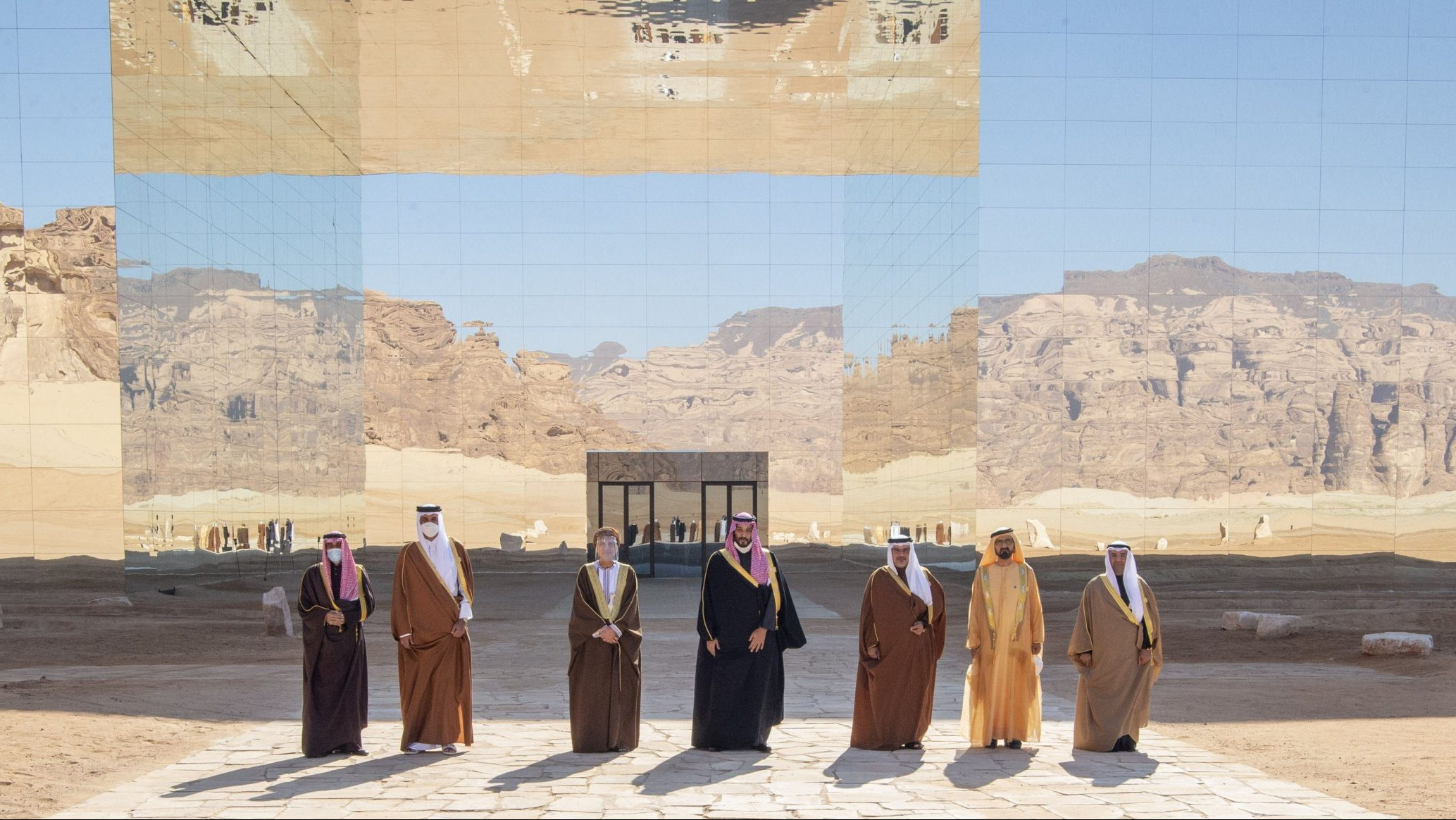The quartet agreed to lift the blockade on 5 January 2021 with the signing of the Al Ula Agremeent.
A United Nations body that was looking into charges of discrimination made by Qatar against Saudi Arabia and the United Arab Emirates at the height of the 2017 GCC crisis has completed its task, an announcement on Thursday revealed.
Both Qatar and the UAE asked and agreed to conclude their legal disputes at a meeting of the ad hoc Conciliation Commission on 26 January.
Last year, the second Commission involving Saudi Arabia came to an end with both sides’ consent.
Nearly eight years ago, following the GCC diplomatic rift, the UN Committee on the Elimination of Racial Discrimination (CERD) established the ad hoc Conciliation Commission, the UN reported.
“I hope that the consensus found by Qatar, the UAE and Saudi Arabia to discontinue the proceedings is the result of a genuine dialogue between the parties to end the dispute which arose in 2018 concerning allegations of racial discrimination,” said Verene Shepherd, the CERD chair.
At the time of the GCC crisis in June 2017, Saudi Arabia, the UAE, Bahrain and Egypt imposed an illegal air, land and sea blockade on Qatar over claims that it supports terrorism. Doha dismissed those claims as baseless.
Qatar filed accusations with the CERD against the UAE and Saudi Arabia in March of the following year, a first in the history of the UN Committee.
The authorities asserted that Qatari nationals were the target of unjustified political and economic penalties, including the embargo of its borders, based purely on their nationality, the UN said.
In order to discuss the allegations, two ad hoc Conciliation Commissions were established in February 2020, with the committee applauding all parties involved for working cooperatively to resolve the racial discrimination concerns.
“Such cooperation demonstrates States parties’ steadfast engagement to the collective enforcement of the Convention,” said Shepherd.
The court rules
At the height of the crisis, Doha said the UAE had violated the 1965 CERD, a UN treaty.
However the UN’s top court, formally known as the International Court of Justice dismissed Qatar’s case in February 2021, stating that it “upholds the first preliminary objection raised by the UAE” that racial discrimination did not include nationality under the terms of the convention.
“The court finds that it has no jurisdiction to entertain the application filed by the state of Qatar,” ICJ President Abdulqawi Ahmed Yusuf said in The Hague at the time.
He added that Abu Dhabi’s measures “are not capable of constituting racial discrimination within the meaning of the convention”.
The case had previously been decided in favour of Qatar, with the ICJ ordering the UAE to take immediate action to protect Qatari nationals’ rights while it handled the broader litigation in 2018.
The court also denied the UAE’s request for its own emergency measures to prevent Qatar from “aggravating” the situation.
Doha additionally triumphed in a different but similar dispute at the ICJ in July 2021 that was exclusively about the air blockade and was based on global air transport regulations.
However, the quartet agreed to lift the blockade on 5 January 2021 with the signing of the Al Ula Agremeent.
The UAE was perceived as a hesitant participant in the reconciliation due to its status as arguably the harshest critic of Qatar as well as its leadership during the dispute.
However, it was the first to reopen its borders to Qatar, followed days later by Saudi Arabia and Egypt.







